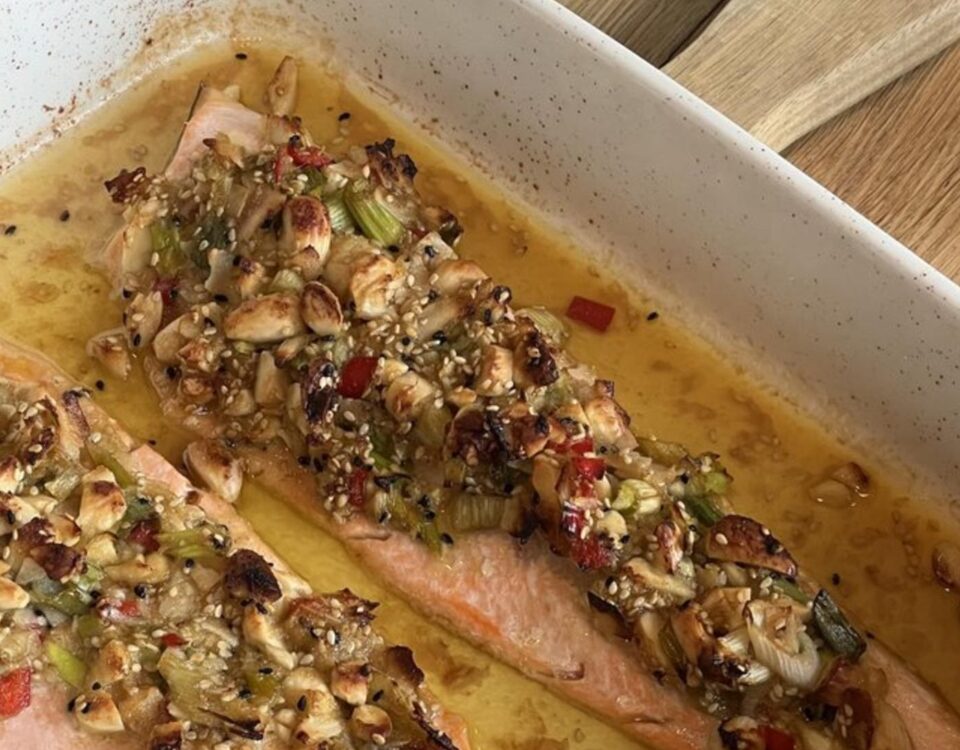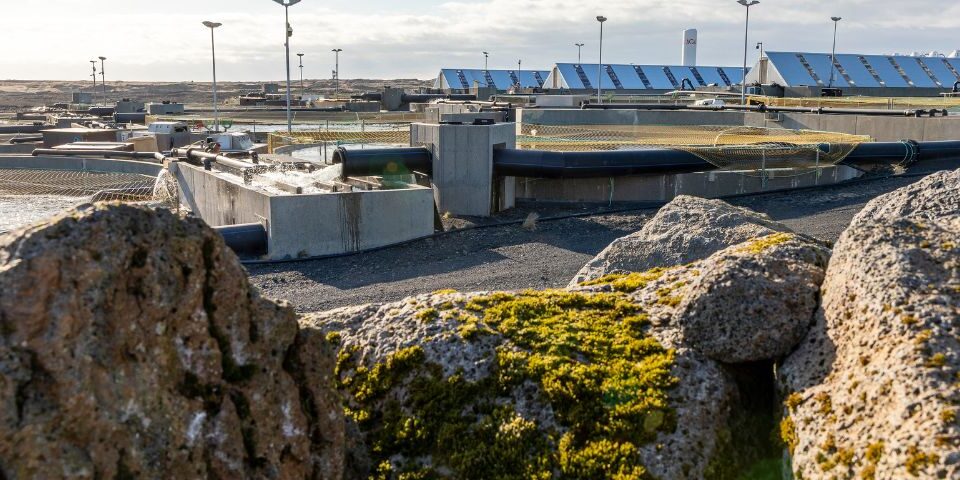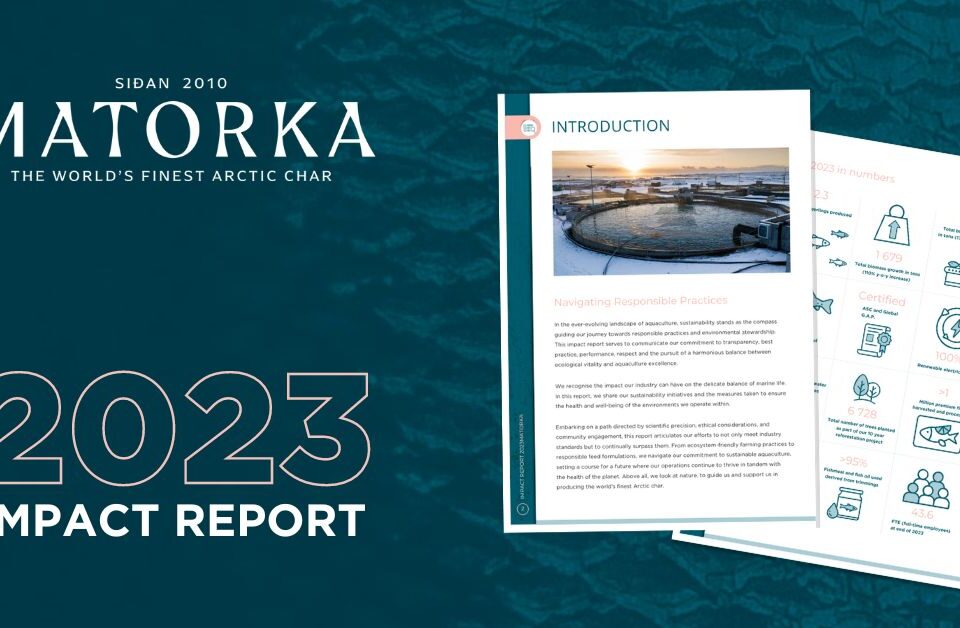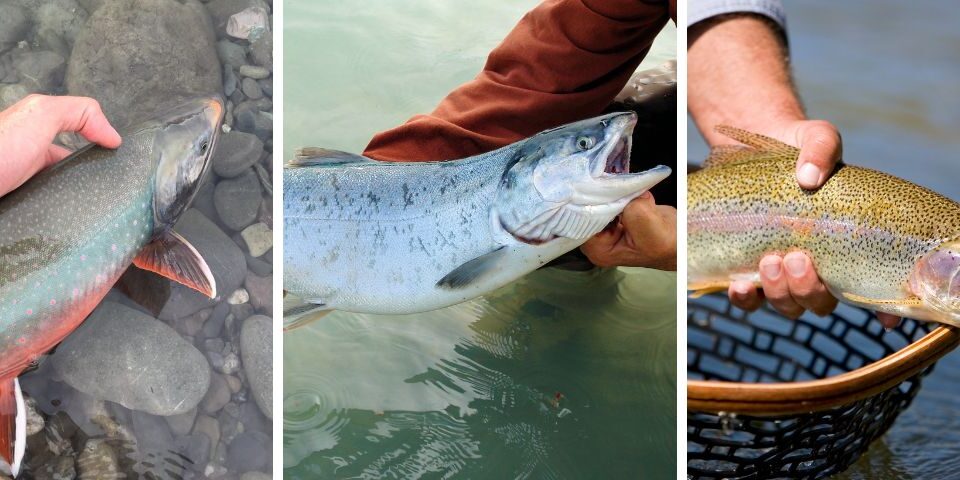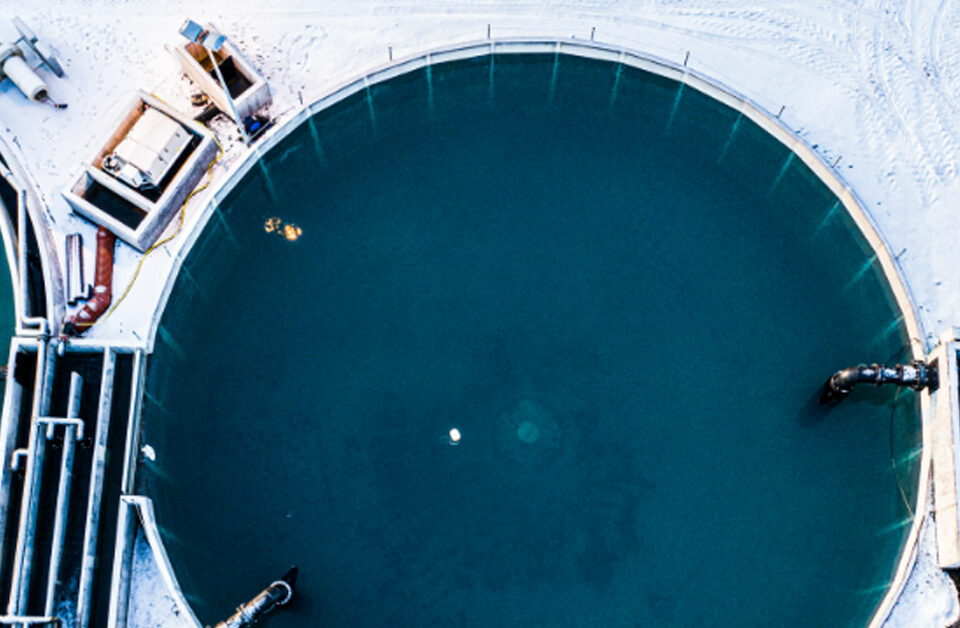A Visionary Behind Matorka’s Farm – A Conversation with Sveinbjörn
A biologist, sveinbjorn oddsson has over 35 years of experience in aquaculture working in Norway, Chile, Australia, Indonesia, and Iceland🤩 In these roles, he has gained extensive knowledge in both land-based and ocean-based aquaculture operations. Svenbjörn has witnessed significant advancements in aquaculture over the years.
Sveinbjörn's journey in aquaculture began at the age of 17, with a summer job on a Norwegian salmon netpen farm. At that time, Iceland had only two small fish farms. Little did he know that this experience would set the stage for a remarkable career that would take him across the globe.
Sveinbjörn led the design of Matorka’s farm which has proven to be productive and extremely energy efficient.
In honour of his dedication and achievements over the past 12 years as COO with Matorka, we explore his global journey, vision for Matorka and insights into the dynamic aquaculture landscape.
Following his summer job, Sveinbjörn secured a role at an Icelandic Arctic char and Atlantic salmon smolt farm, leveraging his Norwegian experience. Within a year, he was promoted from a farmhand to a manager. He took charge of Hólalax, a hatchery in Northern Iceland before he embarked on a groundbreaking Atlantic salmon ocean ranching project on the Reykjanes peninsula, Vogalax.
In 1991, Sveinbjörn's career took him to the Southern Hemisphere, Australia. He became the Marine Operations Manager at Saltas in Tasmania, working on hatcheries, brood-stock maintenance, and industry research. “During my time there, I established an Atlantic salmon smokehouse and a value-adding plant. I also consulted for various salmon companies.”
After a brief period on a land-based farm in Indonesia, Svenbjörn returned to Iceland where he joined Stofnfiskur (now Benchmark Genetics) as an in-house consultant and then operated his own aquaculture company.
From 2004 to 2008, Svenbjörn pursued higher education, studying Environmental Science and Energy at the University of Akureyri. Later, in 2011, he embarked on his journey with Matorka.
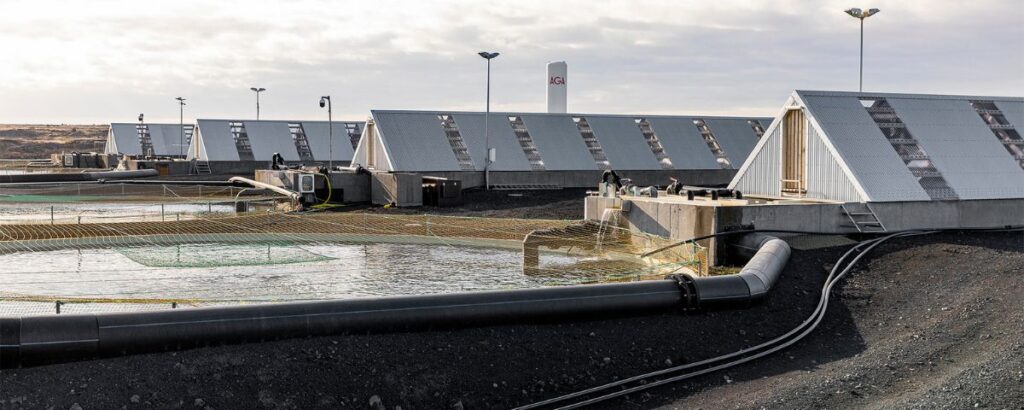
Designing a Productive Farm
First, and more importantly, any aquaculture enterprise must choose a location and a species that will give it a competitive edge. Arctic char is such a species for Iceland. Arctic char cannot be farmed in full-strength salinity. It must be farmed on land (or in lakes, which is problematic) and it needs good quality fresh or brackish water. Ambient water temperature that suits the species is very important. Matorka’s location provides all these.
When asked about the key principles that guided him during the design process of Matorka’s farm, Svenbjöorn emphasized simplicity and adaptability.
“Keep it as simple as possible,” he said, “but leave room for further improvement and a higher level of technology once the staff base allows for that.”
This approach allowed Matorka to achieve impressive results while remaining open to future advancements.
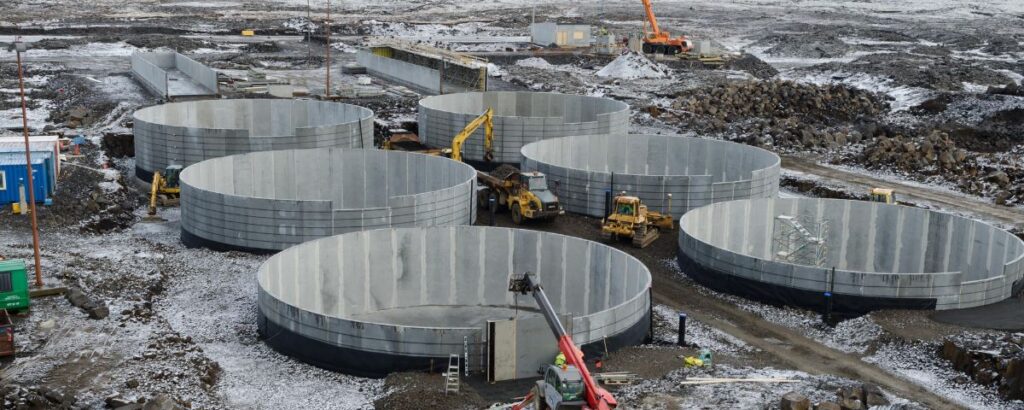
Building the farm presented its own set of challenges, particularly because it was the first of its kind. Contractors required strong support and supervision to avoid potential pitfalls. Sveinbjörn’s motto;
“If there is a problem, there is a solution. Finding that solution is energizing” and commitment ensured that these challenges were overcome.
Sustainability is a fundamental principle in aquaculture, and Svenbjörn highlighted the industry’s growing commitment to this principle. “Over the past decade, there has been a significant shift towards more sustainable practices, with new facilities designed and built with sustainability in mind.” Matorka’s new farm exemplifies this commitment, aligning its operations with sustainable guidelines to promote a healthier, more responsible approach to fish farming.
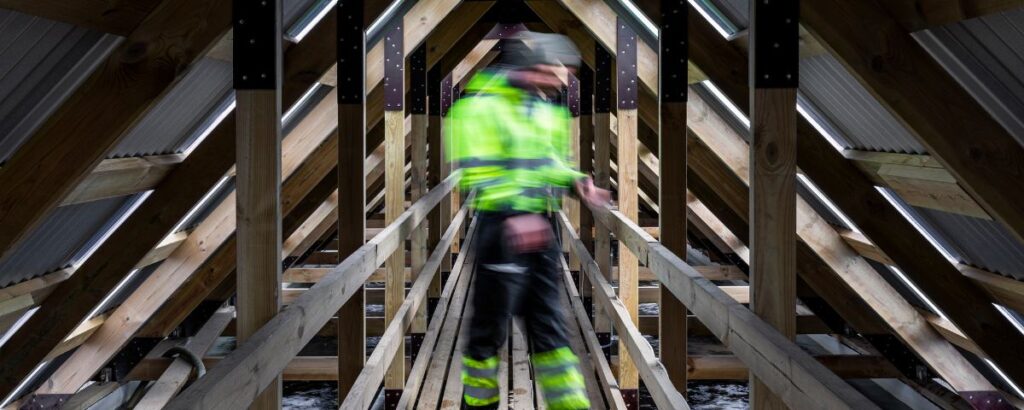
What does the future hold for Matorka?
Continuous Improvement. Matorka’s commitment to excellence doesn’t stop with its current achievements. Svenbjörn reveals Matorka’s ambitious expansion ambitions. These include the construction of
- Two new Quarantine facilities.
- A new Hatchery that will double the current capacity.
- A brood-stock facility.
- Doubling the grow-out capacity.
- Covering all outdoor tanks and implementing a fish sludge removal system.
These initiatives underscore Matorka’s dedication to staying at the forefront of the industry.
Memorable Moments
Reflecting on his extensive career, Svenbjörn shared some moments that have influenced his perspective on aquaculture. One such moment was witnessing an entire sea cage farm coming loose from its moorings in bad weather, highlighting the challenges and unpredictability of open-system aquaculture. On a more positive note, seeing exceptional results from the first few batches in the Grow-Out in Grindavík reaffirmed his belief at the time that Matorka was on the right track with land-based fish farming.
Words of Wisdom for aspiring aquaculture professionals
Svenbjörn offers practical advice: “Make sure they have enough hands-on experience before taking on a management role in this field.” It’s a reminder that practical knowledge is invaluable in an industry that demands expertise.
Passion Beyond Work
Outside the world of aquaculture, Svenbjörn finds joy and energy in various hobbies and interests, including travelling, hiking, yachting, swimming, music, reading, and movies. And when it comes to enjoying Arctic char, he prefers it simply baked with salt, pepper, and a dash of fresh lemon juice, served with mashed potatoes and salad, a testament to the simplicity and quality he values.
As Svenbjörn steps down as COO but continues as a consultant for new projects and growth at Matorka, he hopes that the platform he and his colleagues have created will serve as a launchpad for others to build upon and even improve. The global aquaculture industry is experiencing a surge of momentum, with sustainability taking centre stage, driven by farmers, investors and customers alike.
Sveinbjörn’s legacy at Matorka serves as an inspiration for the future of aquaculture, where innovation and sustainability go hand in hand, shaping a more responsible and prosperous industry.
